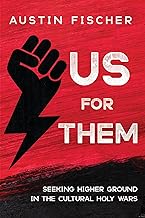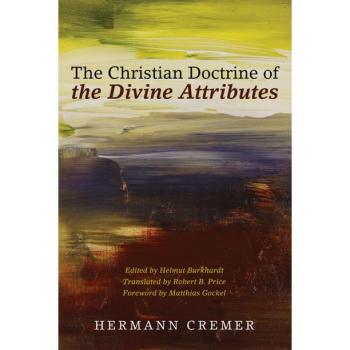Us For Them: Chapter 6: Righteousness Porn
The author, Austin Fischer, told me that a major Christian publisher rejected the manuscript of this book because “People don’t want to be told to shut the hell up.” They sure don’t! But, o, how often I have wanted to say that! I’m sure you have also.
One thing I like about this book is that Austin takes risks most authors of book with a Christian audience wouldn’t take. It’s refreshing.
I had never heard of “righteousness porn” before. Interestingly, to me, anyway, I had just read a review of a novel that I read that called it “poverty porn.” I asked a Gen X friend about that and she said that Millennials use “porn” for anything that people get obsessed with.
Okay, now I get it. Righteousness porn. Huh.
For Austin, in this chapter, in this book, “righteousness porn” means a critique with “an unmistakeable blend of suspicion, self-confidence, and indignation.” (81) (Ironically, that pretty well describes the book review mentioned above!)
According to Austin, there are too many self-styled “prophets” among Christians today who “chirp” rather than confess—chirp at others without confessing for us. (81) By “chirp” I assume he means shrill criticism without identification. The Old Testament prophets, Austin says, criticized Israel WHILE identifying with them. They didn’t “chirp;” they confessed.
In this chapter Austin takes many “progressives” and many “conservatives” to the wood shed for “chirping” while claiming to prophecy. Another description of what he criticizing (while identifying and confessing) is “childish sinful filibuster, fixated on their specks instead of our logs.” (84)
”So, confessing the sins of others, under whatever auspices [sic], is not prophetic but gross, tacky, sinful. We rightly reprimand our children when they habitually tattle but applaud ourselves and our tribe when we do so under the guise of our prophetic truth-telling.” (86)
I feel like standing back at a distance and trying to discern what set Austin off on this rant. (I don’t mean anything negative by “rant.” A good rant is something I specialize in.)
I know something about the cultural-religious context of this book. I cannot claim to know more about the book than the author knows, but I can easily fit this book into that context with which I am very familiar.
The context is not unique but particular. Throughout the first decades of this century, Baptists in the South have been caught up in a war of “prophetic critique” against each other than Austin might call “chirping.” A significant group of former Southern Baptists separated from the Southern Baptist Convention. They often call themselves “progressives” just as the leaders of the SBC call themselves “conservatives.” The two sides, parties, cannot meet. They are angrily opposed to each other. But do they even really know each other? Often only indirectly. The roots of the conflict lie in the so-called “fundamentalist take-over” of the SBC that began in 1978 or 1979 in Houston at the annual national meeting of the SBC at the Astrodome. I was there. Well, I was nearly there—about five miles away at a major secular university. One of my professors was John Newport—a major SBC theologian. He went back and forth between the convention and the university and spent a lot of time telling us what was happening. The following decades saw a deep division open up among Southern Baptists with many “moderates” leaving to form separate, alternative conventions. Years later I became part of one or two of those schisms. O, the things I heard from both sides! Lots of chirping.
Very little, almost no, dialogue. And no confessing of sins on both or all sides.
Is that the context of this book? Or one of them? I wouldn’t be surprised.
However, even if that is the case, what Austin says is relevant to many conflict contexts in contemporary American Christianity.
*Note: If you choose to comment, make sure you read the chapter. If not, you may ask questions. In any case, keep you writing relatively brief (no more than 100 words), on topic, addressed to me, and civil and respectful (not hostile or argumentative). Also, devoid of pictures or links. Also, do not misuse my blog as a place to preach your own sermons or post cliches. This is a place for reflective, thoughtful responses to what I write.*

















